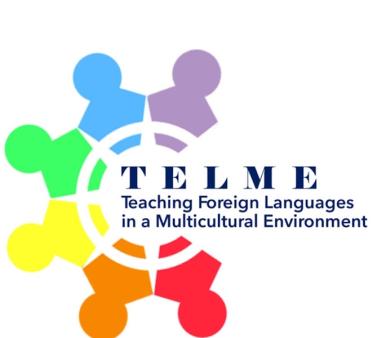Objectives
This degree provides students with a broad knowledge of the human and social sciences as applied to teaching and training through the diversity of disciplines and knowledge in Learning Sciences. Students are equipped with the research methods and tools necessary for analysing the learning practices implemented in various institutional (schools and industry), cultural and social settings. A general knowledge and methodological base is progressively combined with concrete social practices.
This training is for students interested in the issues, challenges and perspectives involved in learning (formal education, popular education, learning support, adult education, etc.) or for practitioners to enable them to take a critical, objective look at their practice or field of work.
Skills
-
Placing an educational fact in its context;
-
Identifying and situating the stakeholders;
-
Identifying and mobilizing key concepts;
-
Identifying and mobilizing research data to shed light on an issue;
-
Implementing suitable analytical tools and methods;
-
Putting forward an argument, summarizing, written and oral expression;
-
Developing critical thinking;
-
Working in a team and independently.
Course Content
The degree involves progressive specialization across three thematic fields:
-
Learning and Teaching (EE): focuses on formal learning (history, functioning and current problems of the education system). A series of modules gradually enhances students’ understanding of school-related issues, stakeholders and professional practices.
-
Educational Action and Training (AEF): focuses on Out-of-School Learning and Training (history, organization, challenges, etc.). This is for students looking to move into Educational Action and Vocational Training professions. This path’s progressive approach offers an in-depth knowledge of the fields concerned and the essential questions associated with them.
-
Socio-Educational Uses of ICT (USETIC): for students looking to move into the digital educational, cultural or social action professions. It involves facilitating access to and the use of digital technology for all types of audiences (children, young people, adults, people with disabilities, the unemployed, older adults, etc.) in different situations (leisure, training, education, health, culture, etc.).




